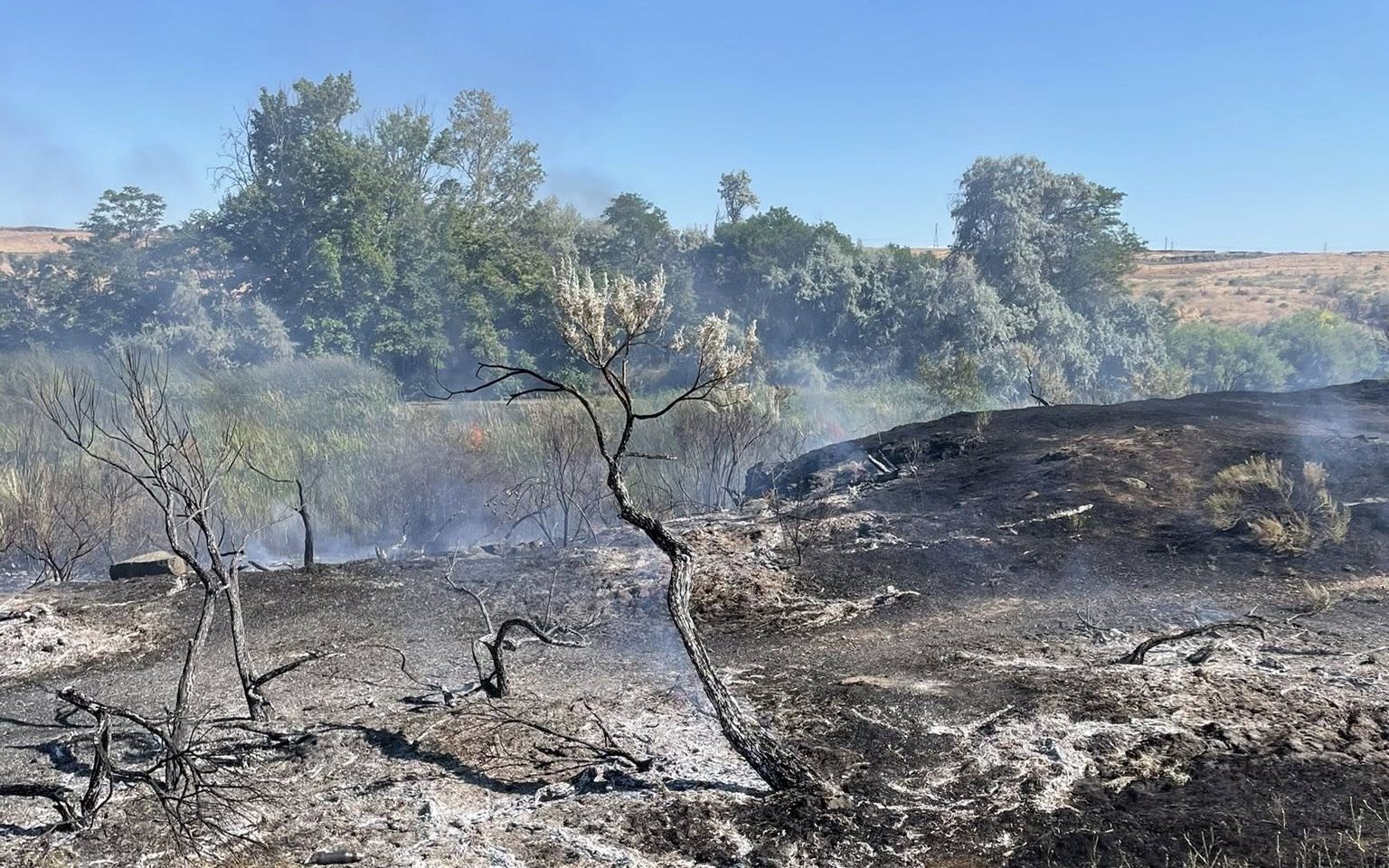Inspection ‘storm’ coming, former agent warns
Published 8:44 am Thursday, March 7, 2013
Former inspector says new tactics drove many to quit
By DAN WHEAT
Capital Press
U.S. Department of Labor inspections of Columbia Gorge growers are likely just the beginning of many more to come in the department’s Portland region, a former inspector says.
That includes Oregon, Southern Washington and Idaho, said Manny Lopez, who retired last July after 30 years as a Wage and Hour Division inspector for the agency in Eugene.
The goal was formerly 29 to 39 farm inspections per season in the region, he said. The target was increased to 75 last year but that number probably wasn’t reached because of outrage from growers and elected officials over the department’s enforcement and tactics, Lopez said.
This season, the goal is probably 80 to 100 inspections to justify the Obama administration’s hiring of additional Wage and Hour inspectors nationwide in recent years, he said.
All but one senior investigator retired early from the Portland region because they did not like the new direction and methods, he said.
“I saw a turn toward an anti-business slant. I don’t think that’s what we were there for. We were hitting gray areas and misinterpreting regulations,” he said.
At a Washington Farm Labor Association conference in Yakima, Feb. 21, Lopez told growers a hot goods order prevents interstate commerce but not shipments of goods within a state. The greatest prevention is compliance, he said.
“Right now is the calm before the storm of wage and hour audits in the Pacific Northwest. You need to be prepared for it,” Lopez told growers at the Yakima meeting.
Last summer, the department forced three Oregon blueberry farmers into paying almost $240,000 in fines and back wages for alleged minimum wage violations under the Fair Labor Standards Act, Lopez said.
Allegations were not fully investigated, not proven and there was no due process, he said. Growers signed their rights away and paid fines to avoid “hot goods” orders from blocking the shipment of berries, he said. Growers were accused of not paying minimum wages to children of pickers who were picking.
“If migrant kids are paid piece rates then they are exempt from minimum wage,” Lopez said.
Tim Bernasek, a Portland attorney, who said Labor inspectors visited several Columbia Gorge farms the last week of February, advised growers to post their property with “no trespassing” signs and call an attorney the moment inspectors arrive. If signs are posted and the inspectors have no warrants, growers can legally keep inspectors out, he said.
“That’s probably not bad advice if a harvested crop could fall under a hot goods order,” Lopez said.
Otherwise, he said, growers may want to avoid denying entry and angering inspectors. Labor guidelines call for inspectors to get permission before entering property for inspections, he said.
Lopez formed his own company, American Business League, and does audits for growers at $125 per hour. Most audits take three to five hours, he said. He has done 16 since November, has openings in March but is booked for April.
The hot goods provision was intended for the garment industry and has never been used in agriculture before, he said.






